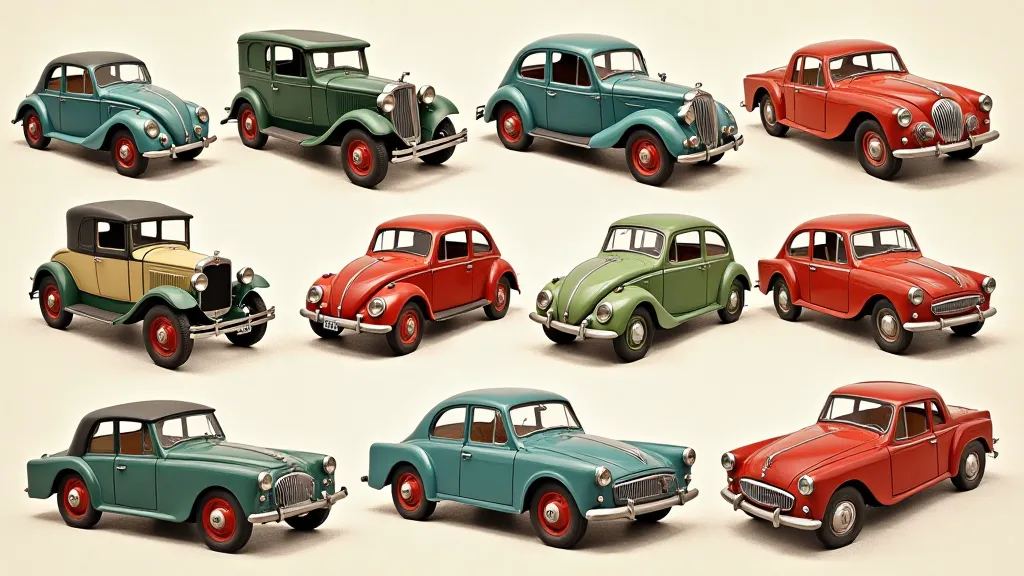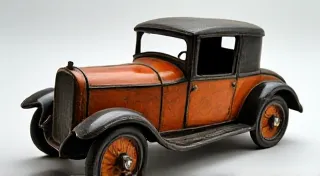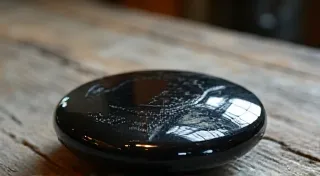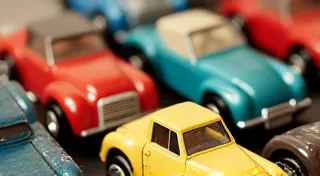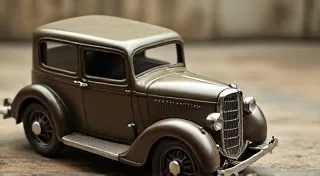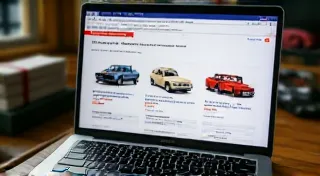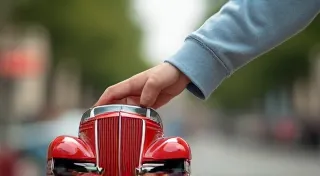Famous Manufacturers of Vintage Toy Cars: A Comprehensive List
The world of vintage toy car collecting is rich with history, spanning decades of innovation, artistry, and sheer playfulness. Behind every cherished collectible lies a manufacturer, a company that poured their expertise and imagination into creating miniature vehicles that captured the hearts of children and, later, became treasured possessions for collectors. This article provides a comprehensive overview of the most significant manufacturers of vintage toy cars, exploring their contributions, the brands they produced, and their lasting impact on the toy car landscape. We've broken them down by approximate era and significance, though timelines can often overlap.
Early Pioneers (Late 1800s – Early 1900s): The Dawn of Toy Cars
The very earliest toy cars were simple, often handmade, and represented a significant departure from earlier wooden and pull-along toys. These early efforts laid the groundwork for the industry we know today, emerging from a broader landscape of toy production that was heavily impacted by global events. Understanding the challenges and ingenuity of these pioneers requires a deeper dive into how conflicts like World War II shaped manufacturing processes and material availability – something explored further in "The Impact of World War II on Toy Car Production".
- Marklin (Germany, 1859-1914, revived 1986): Arguably the most important early manufacturer, Marklin pioneered many techniques still used today. Initially known for miniatures and trains, they moved into pressed tinplate toy cars, renowned for their exceptional detail, sturdy construction, and accurate depictions of real automobiles. Their cars, often featuring wind-up mechanisms, are highly sought after by collectors. The “Ideal” series is particularly valuable.
- Bing (Germany, 1863-1938): A strong competitor to Marklin, Bing also produced high-quality tinplate toys, including a wide range of cars. Their cars often featured a simpler aesthetic than Marklin’s, but were still popular and well-made. Bing’s cars are known for their bright colors and appealing designs.
- Gaston & Mein (Germany, 1884-1925): Known for their lithographed tinplate cars and trucks, Gaston & Mein produced a diverse range of vehicles, reflecting the growing automotive industry. Their models often featured beautifully rendered details and a charming aesthetic.
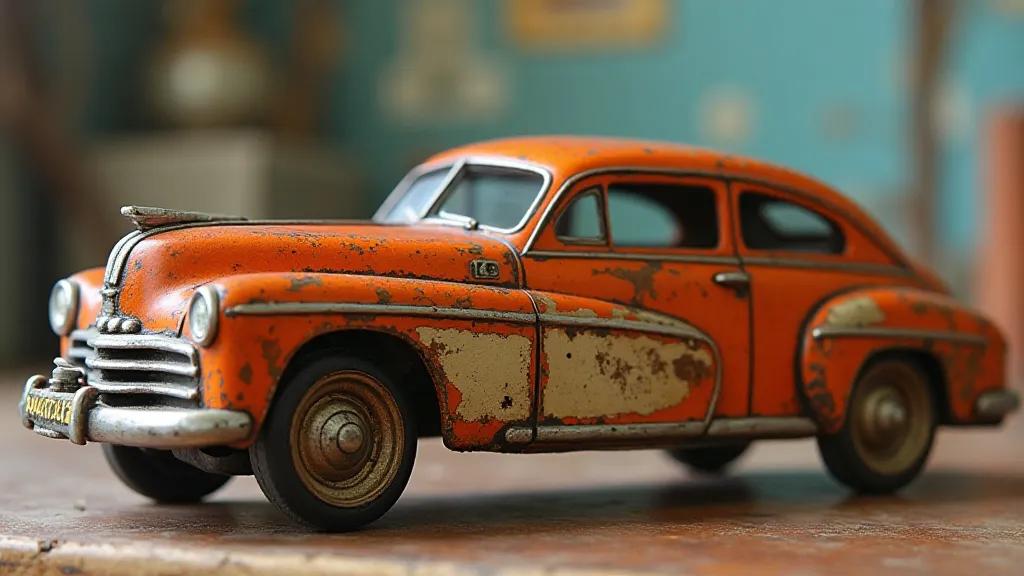
The 1920s and 1930s saw the rise of mass production techniques and the incorporation of licensed designs. This era brought a wider variety of cars to the market at more accessible price points. The appeal of these early licenses, and the fascination with accurately recreating real-world vehicles in miniature, led to an incredibly diverse production style—a quality often epitomized by the beautiful and intricate tinplate toys emerging from Japan. For a closer look at these remarkable creations, explore "Japanese Tinplate Toys: A World of Charm".
- Dinky Toys (France, 1932-1961, revived 2007): Originally known as Meccano Models, Dinky Toys became synonymous with affordable, detailed miniature vehicles. Their cars were typically diecast, a significant advance in manufacturing technology. Dinky produced a vast catalog of cars, trucks, buses, and even aircraft, often under license from major automotive manufacturers.
- Tootsietoy (USA, 1927-1971): Tootsietoy carved a niche with its small, inexpensive diecast cars, often sold individually in vending machines. While not as detailed as some of their European counterparts, their affordability and widespread availability made them incredibly popular. The "Mikro" series is particularly collectible.
- Marx Toys (USA, 1932-1975): Marx produced a vast array of toys, including diecast cars. While often considered less refined than Dinky or Tootsietoy, their sheer volume of production means there are many desirable and collectible Marx cars. They were known for their relatively inexpensive price point, making them accessible to a broader audience.
The post-war economic boom fueled a golden age for toy car manufacturing. New technologies, more detailed designs, and global expansion characterized this era. The value and desirability of these vintage models aren’t just about rarity, but also about the materials used and the manufacturing processes employed. Understanding the factors that influence a pressed steel toy car's value adds another layer of appreciation for these collector's items – a topic explored in depth in "The Value of Vintage Pressed Steel Toy Cars".
- Hot Wheels (USA, 1968-Present): Introduced by Mattel, Hot Wheels revolutionized the toy car market with their vibrant colors, sleek designs, and "collectibility" factor. Their cars are known for their signature redline tires and often feature licensed designs. Hot Wheels significantly influenced the toy car hobby and remain a dominant force today.
- Matchbox (UK, 1953-1996, revived 2020): Lesney Products created Matchbox cars as smaller, more affordable alternatives to Dinky Toys. Their initial focus on miniature replicas of real-life vehicles quickly expanded to include fantasy and racing-inspired designs. The “Lesney” series represents the classic era of Matchbox cars.
- Corgi Toys (UK, 1956-1983, revived 2005): Corgi Toys were known for their incredibly detailed diecast models, often featuring intricate interiors and working features. Their range included cars, trucks, buses, and airplanes, and they often held licenses with major automotive manufacturers.
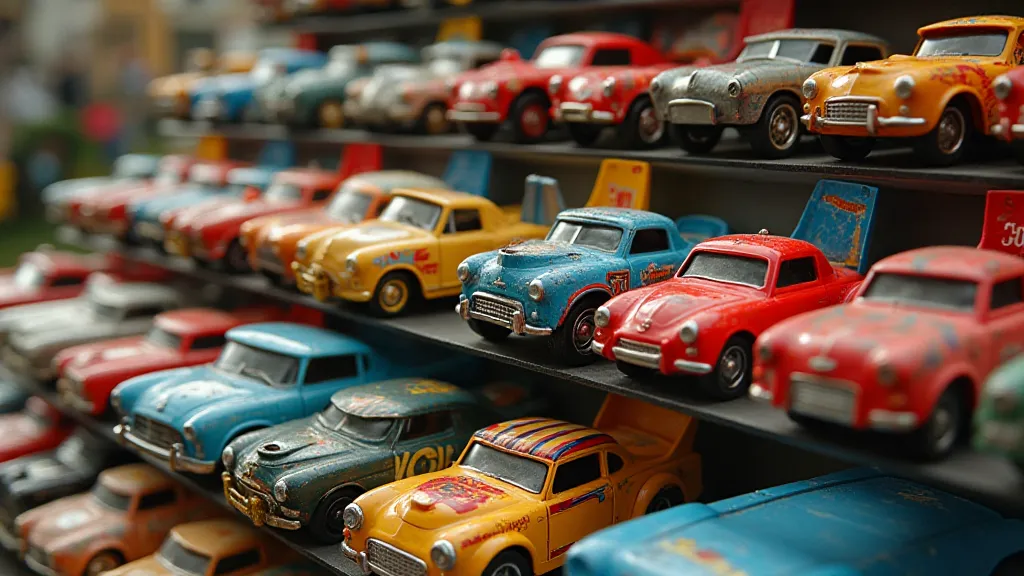
This article has highlighted some of the most significant manufacturers, but numerous other companies contributed to the rich history of vintage toy cars. These lesser-known brands often offer unique character and appeal to collectors, evoking a powerful sense of nostalgia and connection to the past. It's more than just collecting toys; it's about uncovering stories of childhood, memory, and the enduring power of play – a sentiment beautifully captured in "The Rust of Memory: How Toy Car Collecting Unearths Lost Childhoods".
- Buddy L (USA, 1934-1992): Known for their large, heavy-duty toy trucks and cars, often made of stamped steel.
- Structo (USA, 1939-1966): Known for their pressed steel trucks and cars, popular for their durable construction.
- Nomura Toys (Japan, 1948-1990s): A prolific manufacturer of various tinplate toys, including cars and trucks.
- Lone Star (France, 1955-1976): Known for their "Barrels" series of miniature cars.
